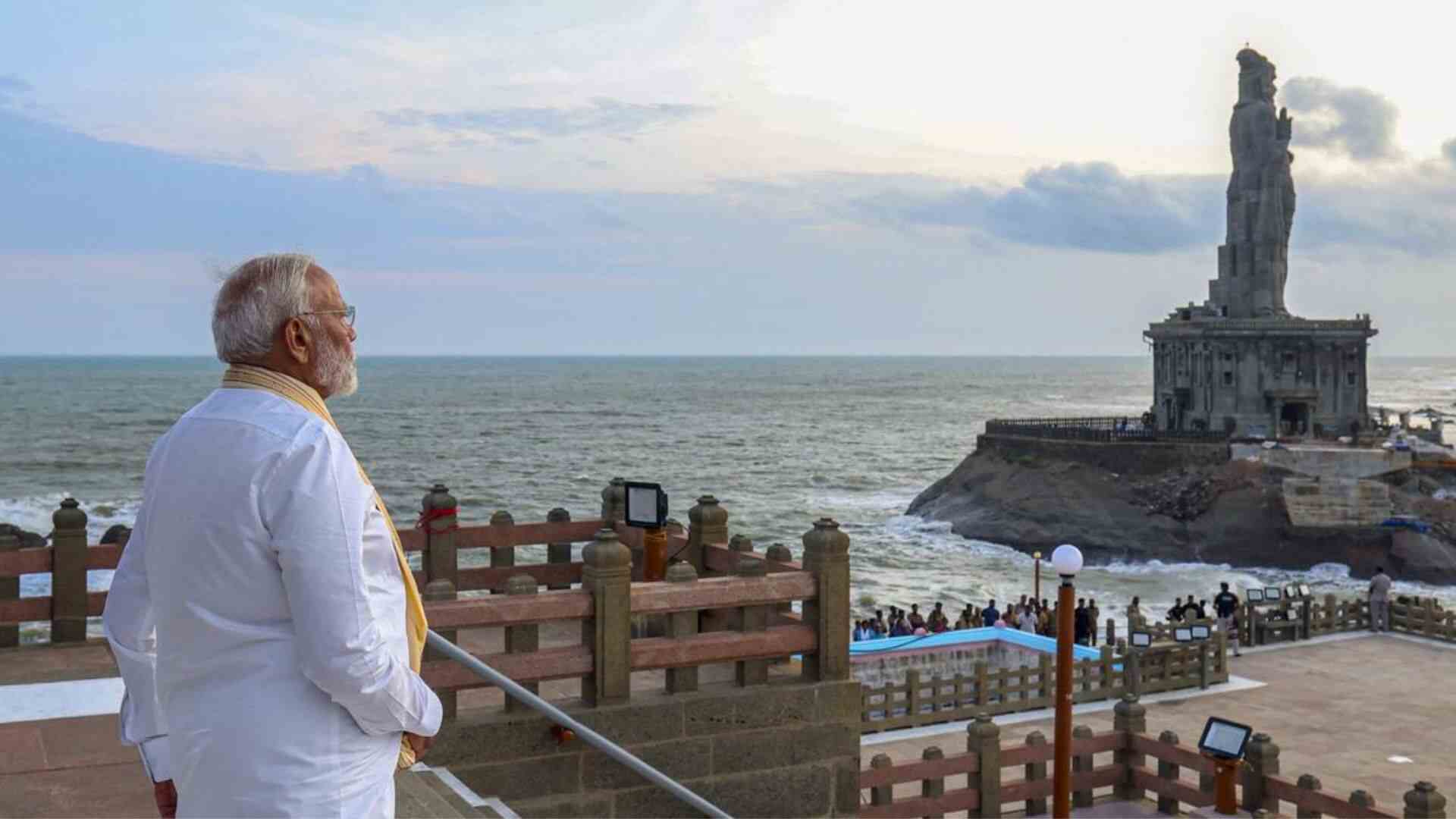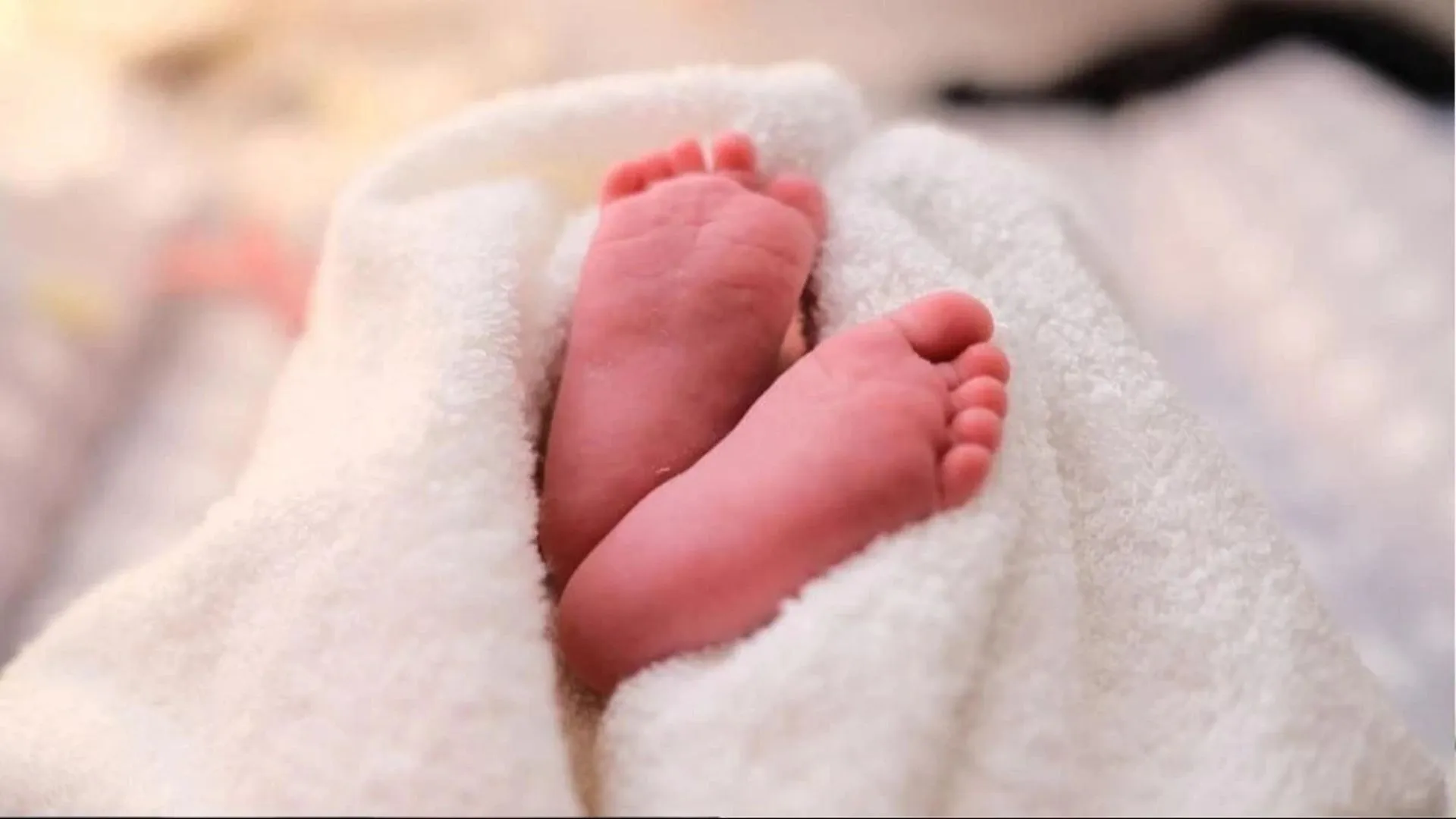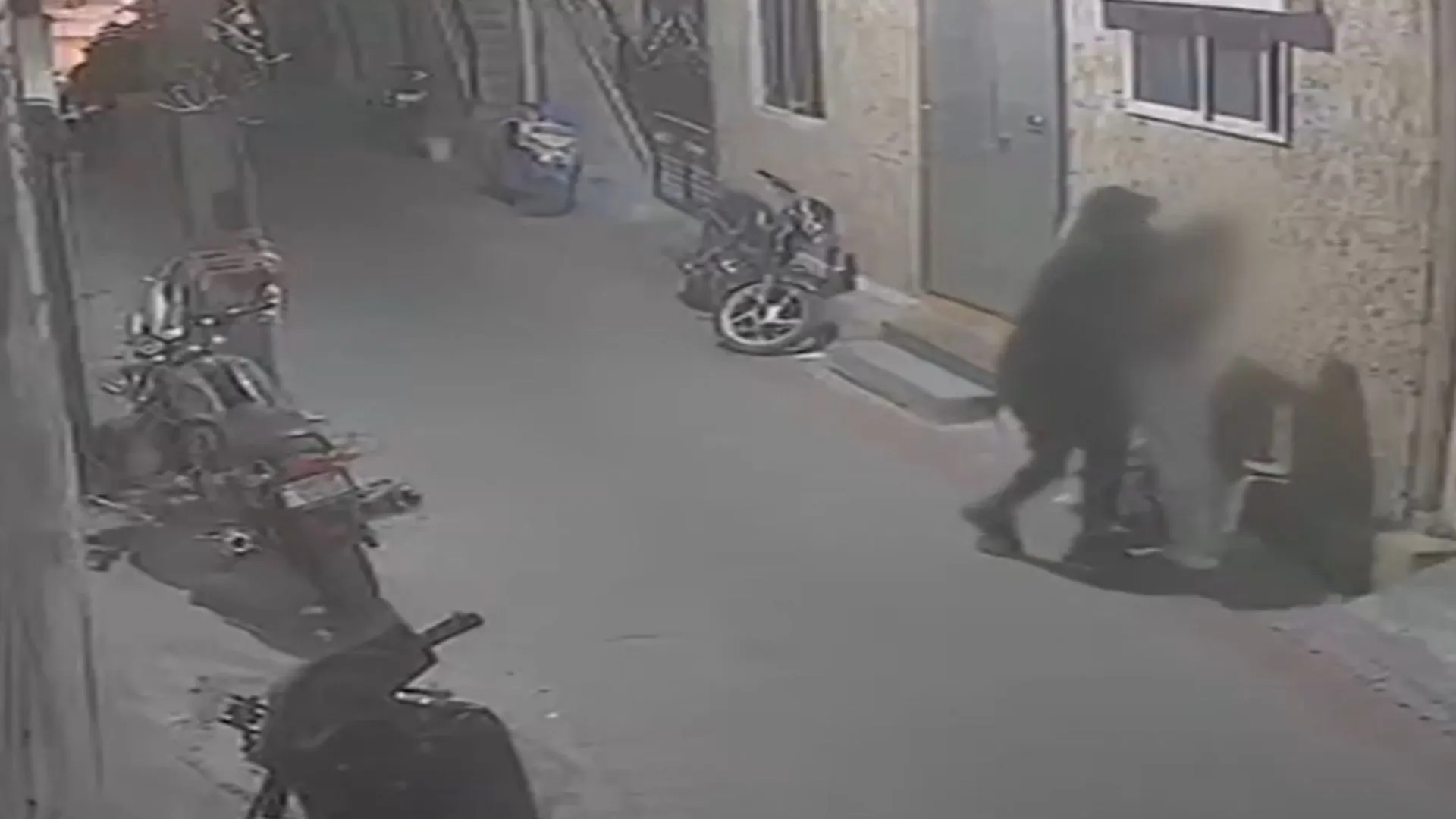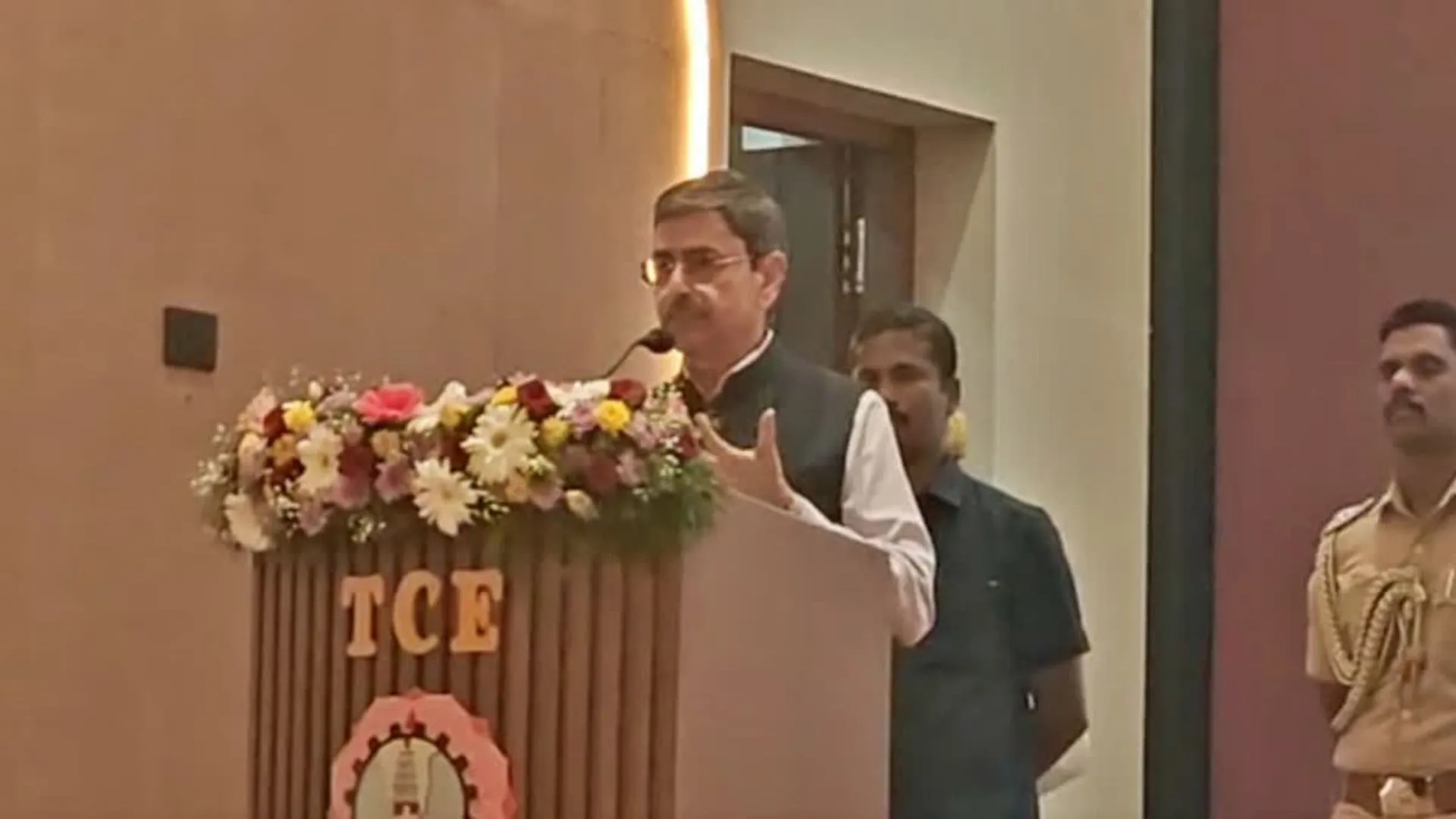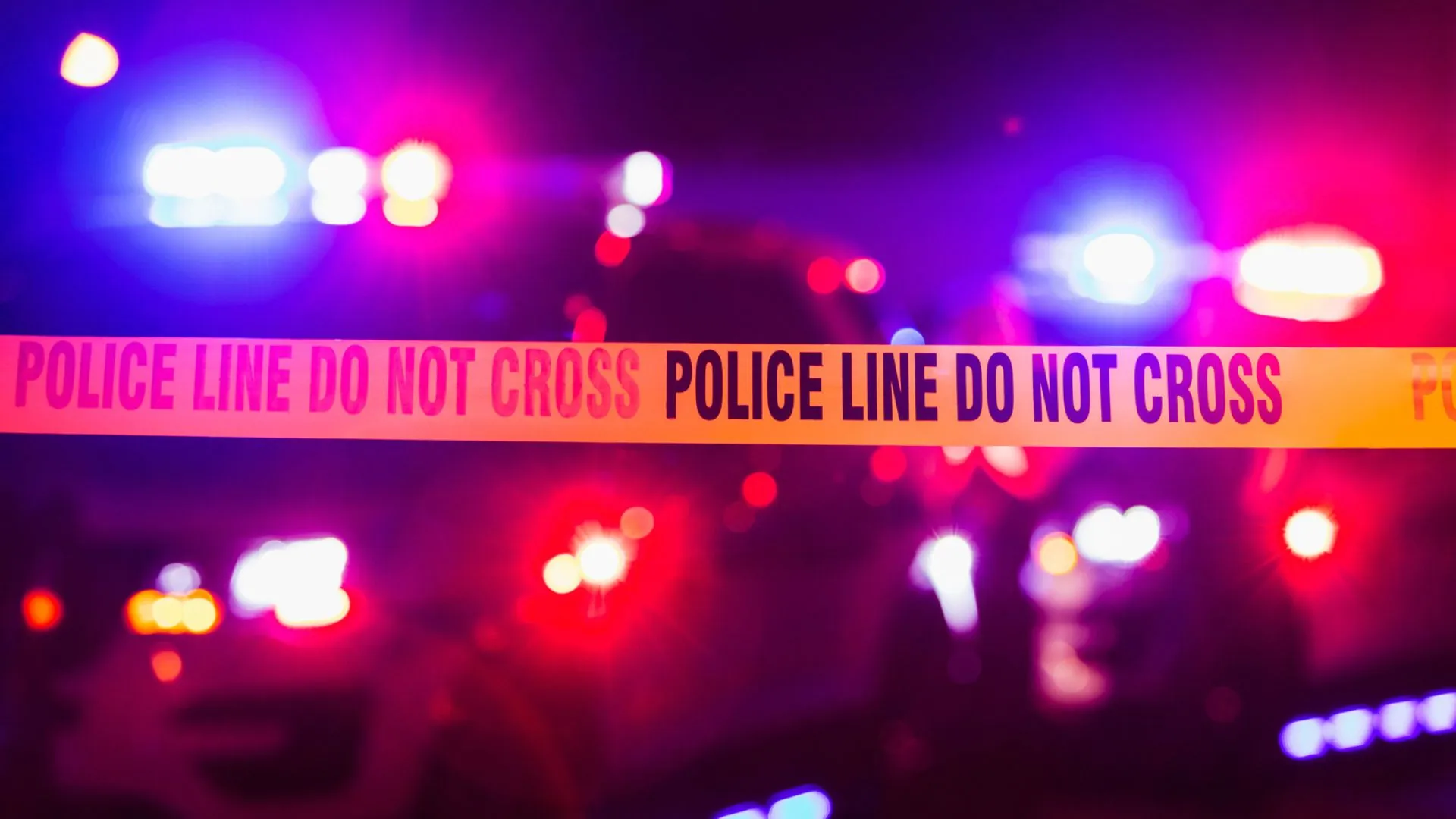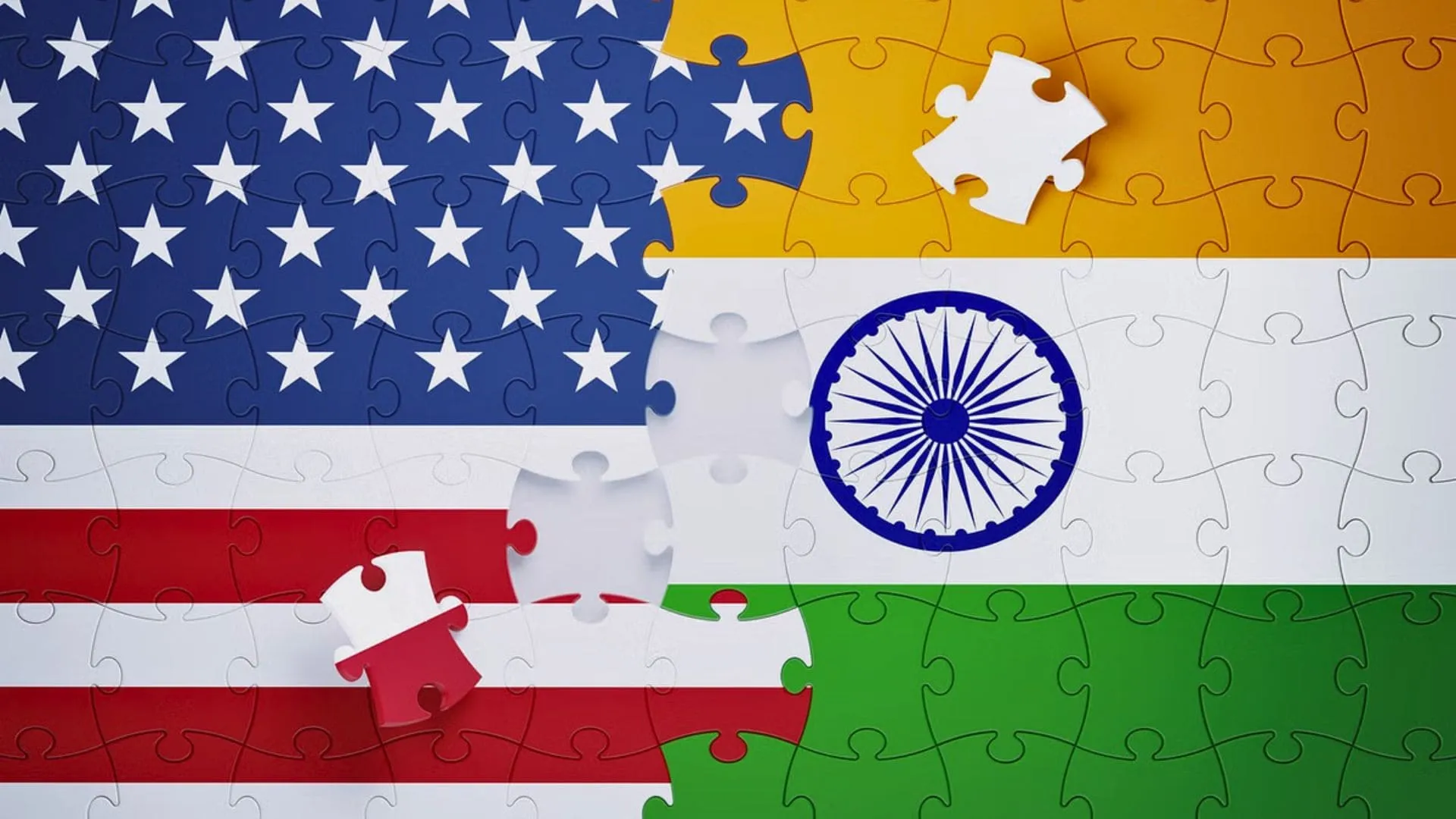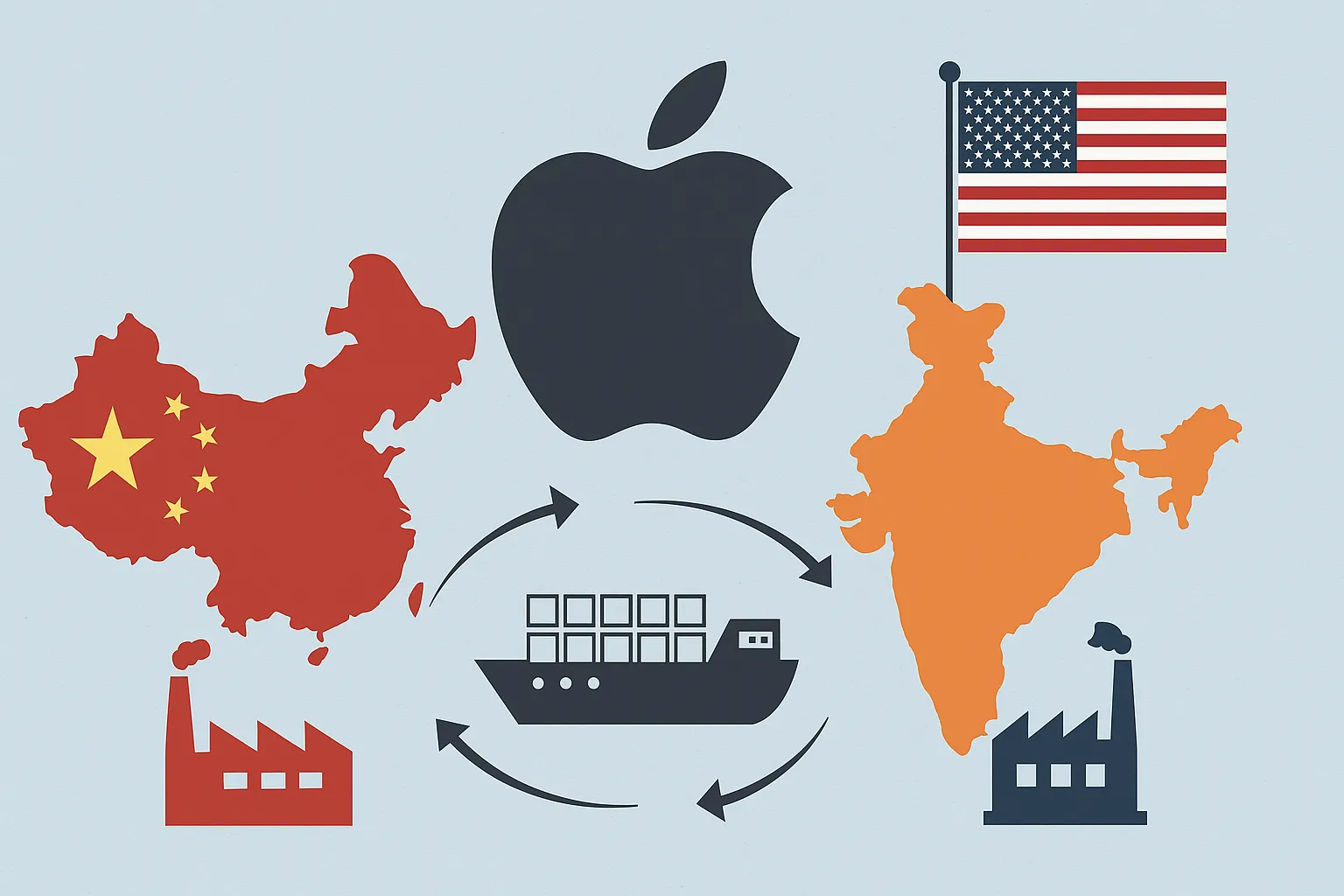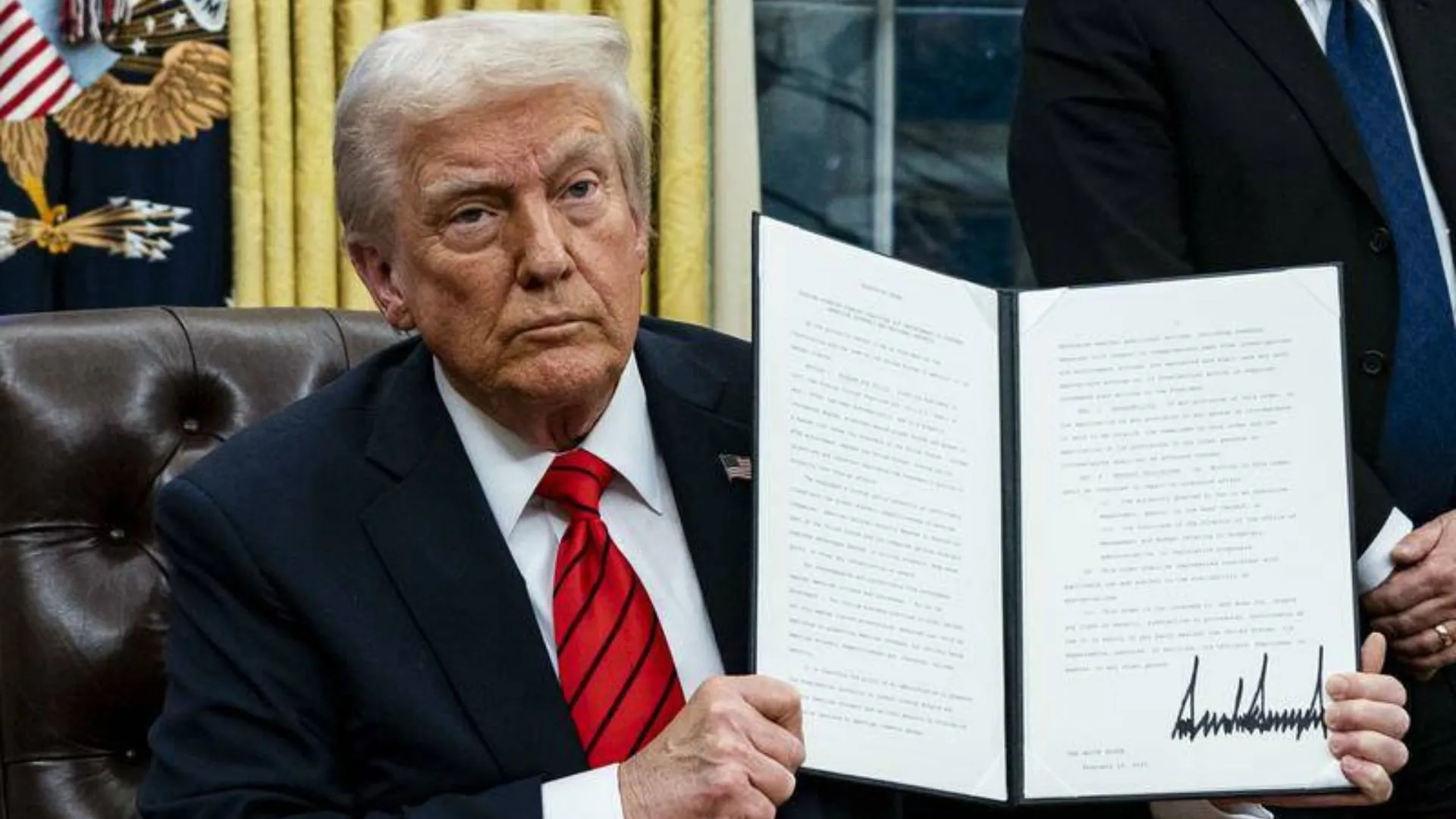The Election Commission of India (ECI) “recommended” that the Prime Minister’s Office (PMO) ensure the Model Code of Conduct (MCC) remains unbroken during Narendra Modi’s two-day meditation retreat from Thursday to Saturday. This recommendation followed the PMO’s “notification” to the ECI about Modi’s plans on Wednesday.
Congress leader Abhishek Manu Singhvi met with Election Commission officials and raised concerns about Modi’s trip. He highlighted that the silence period commenced before the polling started on Thursday and would last until Saturday. Singhvi asserted that Modi’s meditation constituted a direct breach of the Model Code of Conduct (MCC). “You’re either campaigning in this manner or promoting yourself through news channels and print media,” Singhvi remarked.
The official mentioned above clarified that technically no permission was needed for Modi’s trip since he isn’t delivering any speeches. The procedure followed is the same as that during the 2019 general elections, when Modi undertook a similar visit to Badrinath and Kedarnath during the silence period before the final election phase, the official added.
The ECI official said that the poll body could not tell the media to not report. “Tomorrow, if the prime minister is in his designated house and does a meditation, and the media covers it, is it a violation? Or if the Opposition does it, is it a violation? There is no end to this.”
Congress leader Abhishek Manu Singhvi stated that the Congress suggested Modi start his meditation on Saturday evening. If Modi insisted on starting Thursday evening, ECI should ban all media coverage. “He is a candidate himself in the last phase. About 55 constituencies are going to polls in the last phase. Such publicity should not be allowed.”
The official stated that candidates are entitled to use symbols and symbolism, provided they don’t solicit votes. “The Opposition can also use symbolism. We must all adhere to the law,” the official added, addressing concerns about visiting religious places in robes of a specific color potentially violating the MCC and silence period laws.
In 2017, the ECI withdrew a show cause notice to Rahul Gandhi for a TV interview during the silence period before the Gujarat elections. Instead, it set up a panel to suggest amendments to Section 126 of the Representation of People Act, addressing complaints that the law doesn’t reflect changes in media and the online space.

